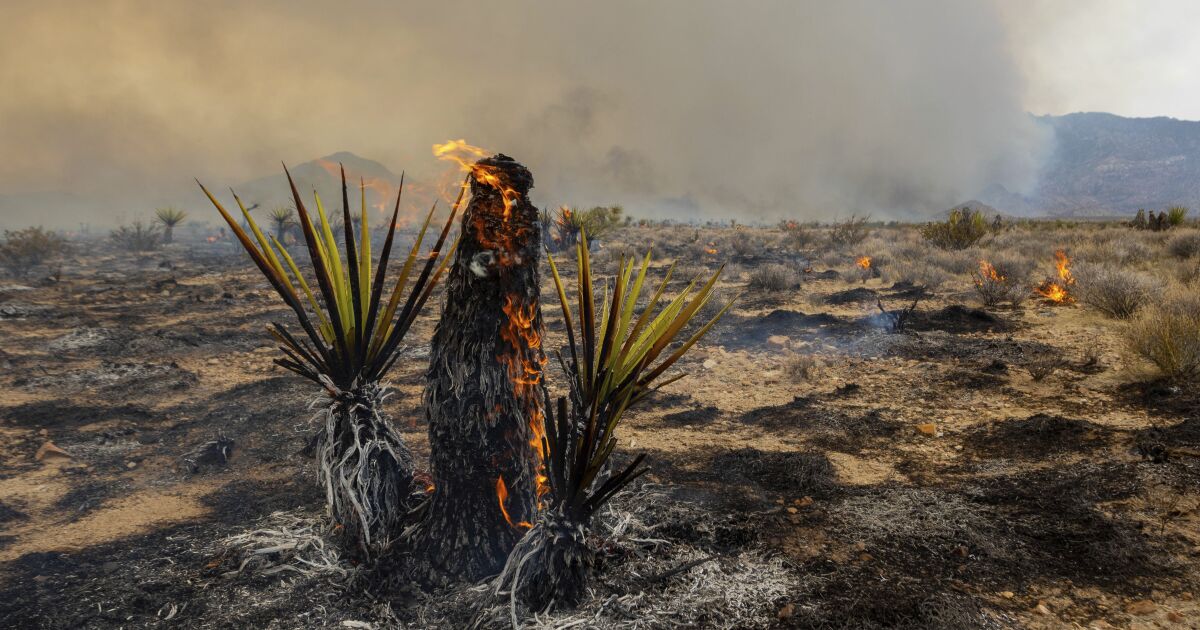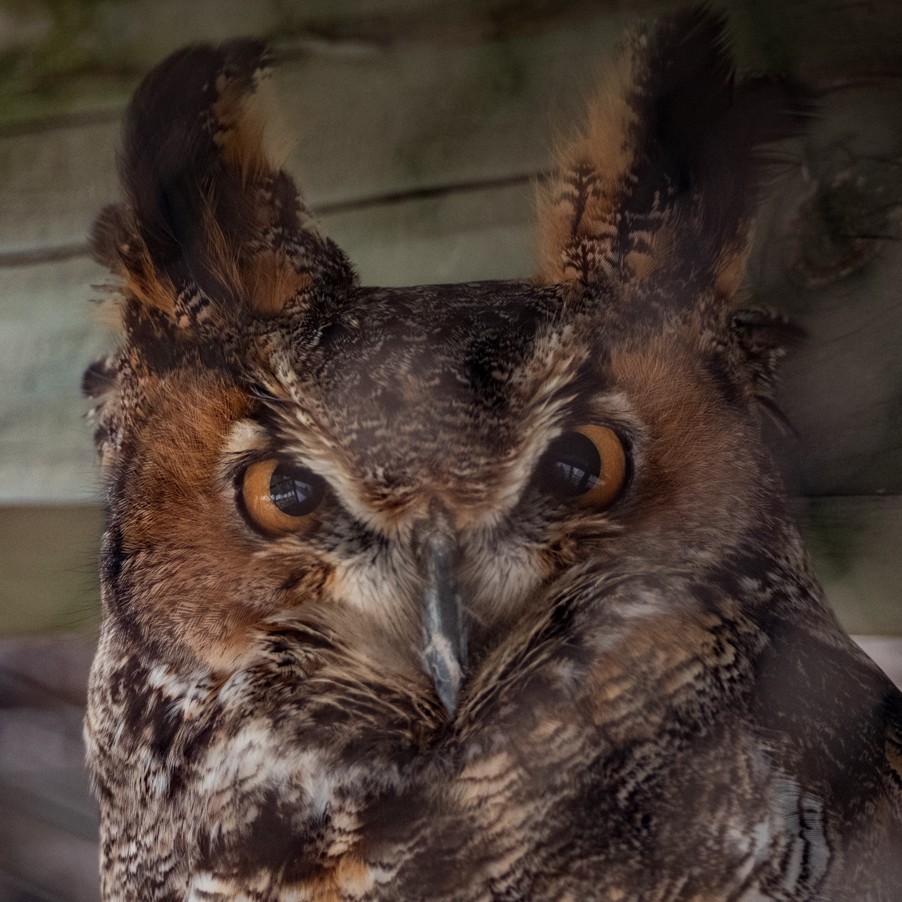“We’ve lost a huge area of native vegetation,” said Debra Hughson, deputy superintendent for the Mojave National Preserve. “A lot of pinyon [pines], junipers gone forever, and a lot of the Joshua trees, likely.”
Archive link: https://archive.ph/QUr4r
Patrolling the Mojave makes you wish for a nuclear winter
Hmm… not a lot of fallout fans, eh?
Guess not lol
This makes me so sad. This is/was such a beautiful place. Hopefully it can recover, if even partly.
This is so heartbreaking. That ecosystem is so much more fragile than it seems. I wonder if replanting would help in this instance, or if it would be too difficult/expensive.
I’ve been out there before when I was in wildland fire with BLM, one of the issues with the Preserve is (and issue meaning making things more difficult, not that it’s a bad thing in general) there’s a very strict ban on vehicles going anywhere besides premade roads/trails.
That means that instead of like most fires in this type of fuel where engines can drive up and directly attack it, it’s a hiking game. And even then there is strict rules about what kind of damage you can do to the area. In any other area this would a straight forward, put dozer line in, have crews start burning, and engines start mobile attacking areas they can get to. That’s why seeing fires like this sucks, because I know the crew (if they haven’t all left yet) from the Mojave National Preserve, and I know they’d want to do more to stop it.
Is this not simply nature being nature? Forests burn, create rich new soil, new forest grows from that. Why is this fire special?
Because it’s not a traditional forest, it’s a desert. We had a wet winter here, which allowed non-native invasive plants/grasses to grow abundantly. Those grasses are dead, dry fuel now, allowing the fire to burn hotter than it would normally, which makes it harder for individual specimens to survive the burn. The intense fire heat also changes the nature of the soil itself, causing more water to run off rather than being absorbed. Desert topsoil in this region has a unique, delicate balance already, even footsteps or tyre tracks can disturb the biome for decades.
Compounding that, climate change has already shrunk the area where slow growing Joshua Trees can even survive. The trees lost in this fire will not grow back. You can still easily see burn scars from the 90’s in Joshua Tree National Park, which is adjacent to the Mojave National Preserve.Most ecosystems are not adapted to massive wildfires. We’re seeing exceptionally large and damaging fires in places that either don’t typically see them, or see them on a much smaller scale. In the places that do normally get them, they’re becoming far too intense for the ecosystems to handle, and are happening far outside of normal wildfire season.
So this fire made pinyon and juniper extinct?







